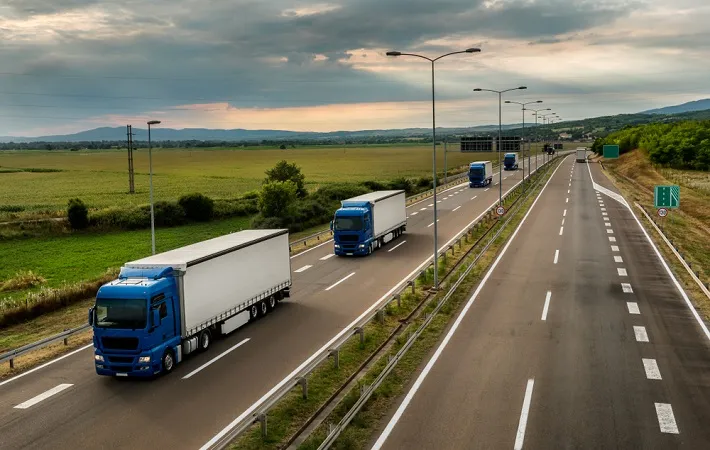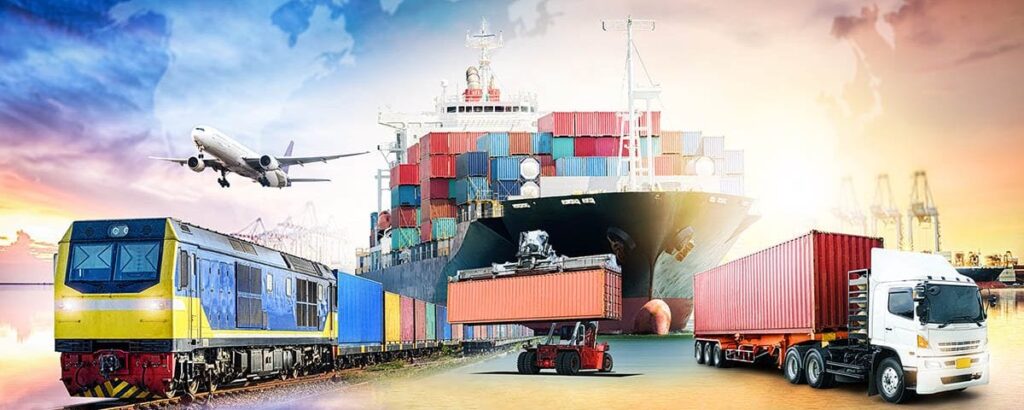Table of Contents
The United Kingdom boasts a comprehensive and multifaceted transportation network, accommodating millions of passengers and a vast amount of freight daily. This network includes roads, railways, airports, and seaports, all contributing to the country’s economic vitality and connectivity.
Road Transportation

National Highways
The UK’s road network is extensive, with the National Highways agency overseeing motorways and major A roads in England. The M25, encircling Greater London, is one of the busiest motorways globally, highlighting the importance of road transport for both local and long-distance travel.
Public Bus Services
Public bus services form a crucial part of urban and rural transport, operated by various companies such as Stagecoach, Arriva, and FirstGroup. These services ensure accessibility for all, including routes in less densely populated areas.
Taxis and Ride-Sharing
Taxis and ride-sharing services, including Uber, Bolt, and traditional black cabs in London, provide flexible travel options. They cater to both short trips within cities and longer journeys, complementing public transportation systems.
Rail Transportation
National Rail Network
The UK’s rail network is one of the oldest and most developed globally, managed primarily by Network Rail. It comprises a mix of high-speed, regional, and commuter lines, connecting major cities and towns across the country. Key operators include Avanti West Coast, LNER, and Great Western Railway.
High-Speed Rail
High-speed rail, particularly the HS1 line connecting London with the Channel Tunnel, facilitates rapid travel to continental Europe. The upcoming HS2 project aims to link London, Birmingham, Manchester, and Leeds, significantly reducing travel times and increasing capacity.
London Underground and Light Rail
London’s Underground, or the Tube, is a vital part of the capital’s transport infrastructure. Alongside the Tube, light rail systems such as the Docklands Light Railway (DLR) and the Manchester Metrolink provide efficient urban transit.
Air Transportation
Major Airports
The UK is home to some of the world’s busiest airports, including Heathrow, Gatwick, Manchester, and Stansted. These airports serve as key international hubs, connecting the UK with destinations across the globe.
Regional Airports
Regional airports, such as Birmingham, Bristol, and Glasgow, play a crucial role in domestic travel and regional connectivity. They help in decongesting major airports and offer convenient travel options for local populations.
Sea Transportation
Major Ports
The UK’s maritime infrastructure includes major ports like the Port of London, Port of Liverpool, and the Port of Southampton. These ports handle substantial freight volumes and facilitate international trade.
Ferry Services
Ferry services are vital for connecting the UK with its island communities and neighboring countries. Operators like P&O Ferries and Stena Line provide routes to Ireland, France, and other destinations, supporting both passenger travel and freight movement.
Urban Mobility Solutions
Cycling Infrastructure
In recent years, there has been a significant push towards improving cycling infrastructure. Cities like London, Manchester, and Edinburgh have invested in bike lanes, bike-sharing schemes, and other facilities to promote cycling as a sustainable mode of transport.
Pedestrian-Friendly Initiatives
Urban areas are increasingly focusing on pedestrian-friendly initiatives, including expanded footpaths, pedestrian zones, and traffic calming measures. These efforts aim to create safer, more pleasant environments for walking.
Future Developments
Sustainable Transportation
Sustainability is a key focus for the future of UK transportation services. Investments in electric vehicle (EV) infrastructure, including charging stations and incentives for EV purchase, are on the rise. The government’s goal is to ban the sale of new petrol and diesel cars by 2030, pushing for a greener transport sector.
Technological Innovations
Technological advancements are transforming transportation in the UK. Autonomous vehicles, smart traffic management systems, and the integration of artificial intelligence in transport planning are some of the innovations being explored to enhance efficiency and safety.
Challenges and Opportunities
Infrastructure Upgrades
A major challenge for the UK transportation services system is the need for continuous infrastructure upgrades. Aging railways, congested roads, and outdated airport facilities require significant investment to meet modern demands.
Funding and Investment
Securing adequate funding and investment is critical for maintaining and expanding the transportation network. Public-private partnerships and government funding are essential to support large-scale projects like HS2 and the expansion of renewable energy-powered transport solutions.
Social Equity
Ensuring social equity in transportation is another important consideration. Accessible and affordable transport options for all demographic groups, including low-income households, the elderly, and people with disabilities, must be prioritized.
Conclusion
The UK transportation services are diverse and complex, serving as the backbone of the country’s economy and daily life. From roads and railways to airports and seaports, each component plays a vital role in ensuring connectivity and mobility. As the nation moves towards a more sustainable and technologically advanced future, addressing challenges such as infrastructure upgrades, funding, and social equity will be crucial in maintaining and enhancing this essential network.
For More Information Please Visit These Websites Viprow And Vecteezy

